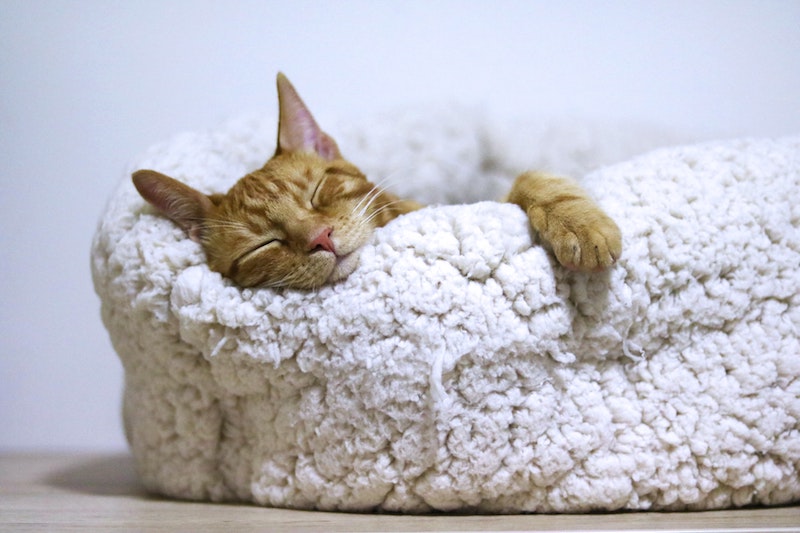There are so many aspects of our modern lives that get in the way of our obtaining a good night’s sleep. Before we address those, let’s have a look at why sleep is important. What will happen to us if we don’t get enough sleep?
To begin, the claim that “I can sleep when I’m dead!” has become a universal response to “Don’t you think you should be going to sleep now?”
Why do we make that claim?
- Are we workaholics, devoting ourselves to a job? Is it because working overtime gives us a strong sense of self-worth that we haven’t been able to find elsewhere?
- Or, have we found a N*tfli*x series that is addictive, and our brain has turned off all of its common-sense neurotransmitters? You know, the ones that are frowning, shaking their heads, and warning us, “This can’t be a good thing…”
- Perhaps our to-do lists are now so out of hand that we’re thinking that we can’t possibly go to sleep until we’ve finished all the tasks on our lists?
- Is it because our phones are signaling us with their notifications, again and again, each time letting us know that there’s just one more important thing for us to read just before we hit the sack?
- Could it be that we can’t possibly put down the captivating book that we started to read that evening, and the next thing we know, it’s 3am?
- Do we spend our days busily taking care of other people’s needs? So that night time is our only chance to get some peace, quiet and Alone Time?
- Do we somehow benefit from pretending to weather the storm of exhaustion? Do we (falsely!) appear to be able to perform well, even though we are sorely sleep-deprived?
What’s your reason for not getting enough sleep at night?
How important is it, to get what our grandmothers called a “good night’s sleep”?
Keep reading to find out what happens to all of us when we don’t get enough sleep.
Chronic sleep deprivation is associated with:
- metabolic problems1Extended wakefulness and metabolics
- memory loss
- insulin resistance2Partial sleep deprivation and insulin resistance
- decreased immune function
- increased hunger3Sleep restriction and weight gain4Insufficient sleep and weight loss attempts
- thinking less clearly5Sleep deprivation and cognitive impairment
Inadequate sleep creates an increased risk of:
- Alzheimer’s6Sleep deprivation as neurobiologic & physiologic stressors
- cancer7Sleep disturbance and cancer risk
- cardiovascular and heart disease
- depression
- diabetes
- death
Do I have your attention now?
This post did the important job of describing the unwelcome effects of our not getting enough sleep. The next post will describe all of the many benefits of getting adequate sleep. The rewards will amaze you…
References:
If you would like to be among the first to read the next post on sleep, please click here to sign up for my newsletter. Spoiler alert: there’s a free offer attached!
- 1
- 2
- 3
- 4
- 5
- 6
- 7




